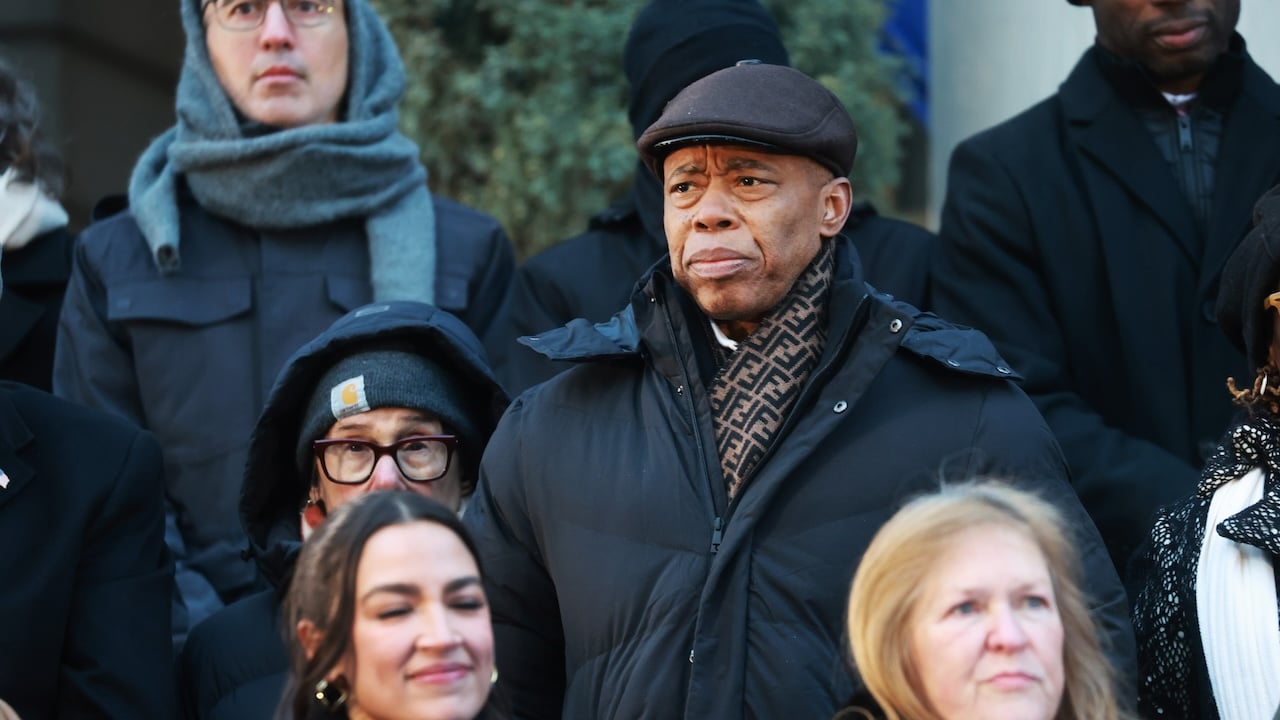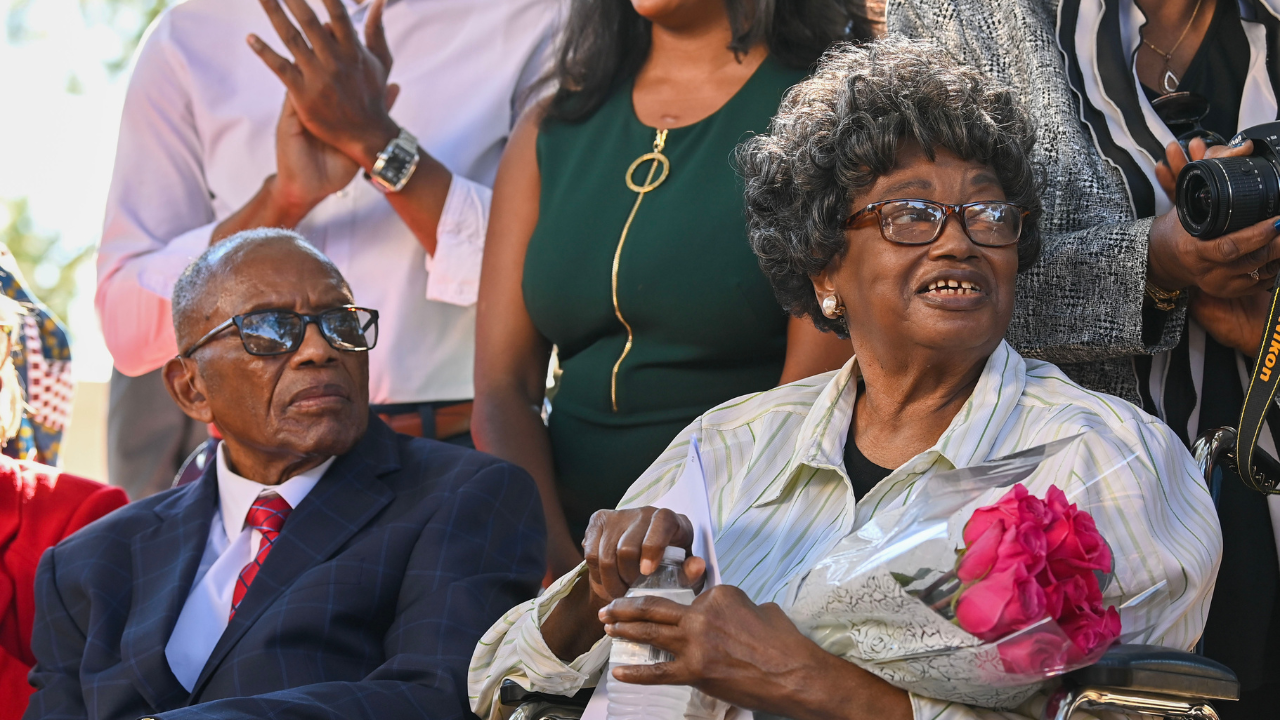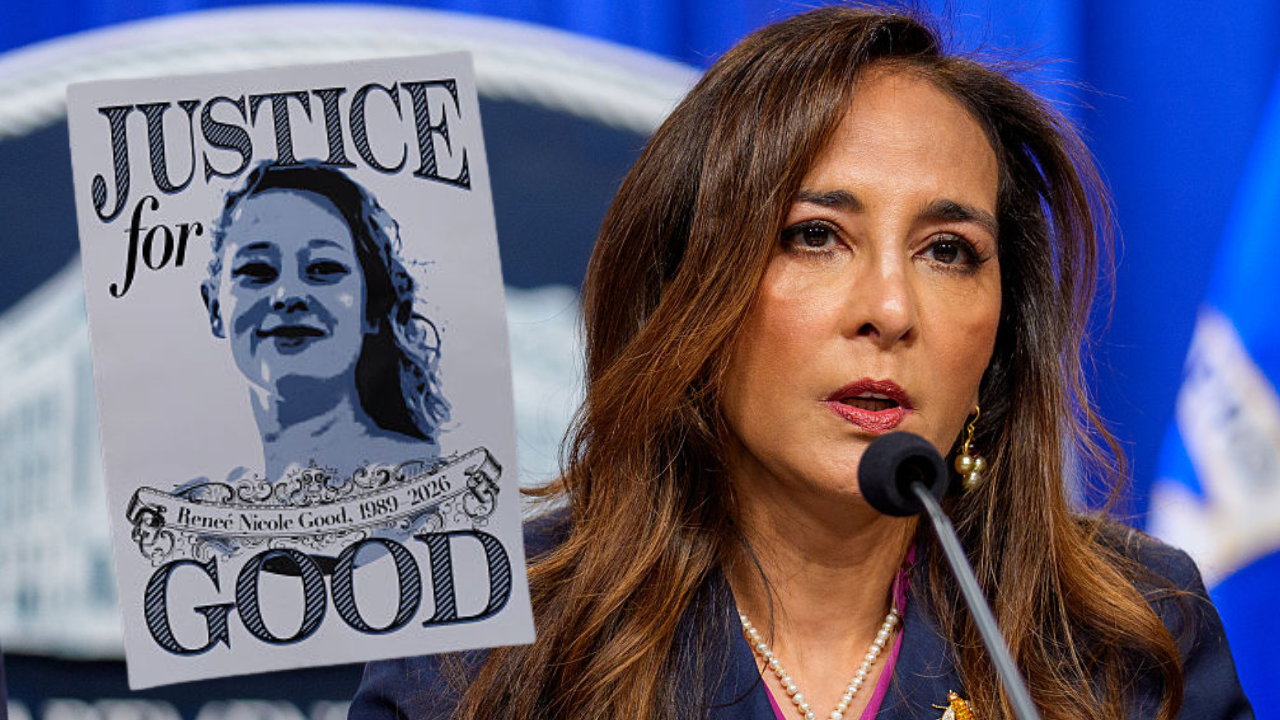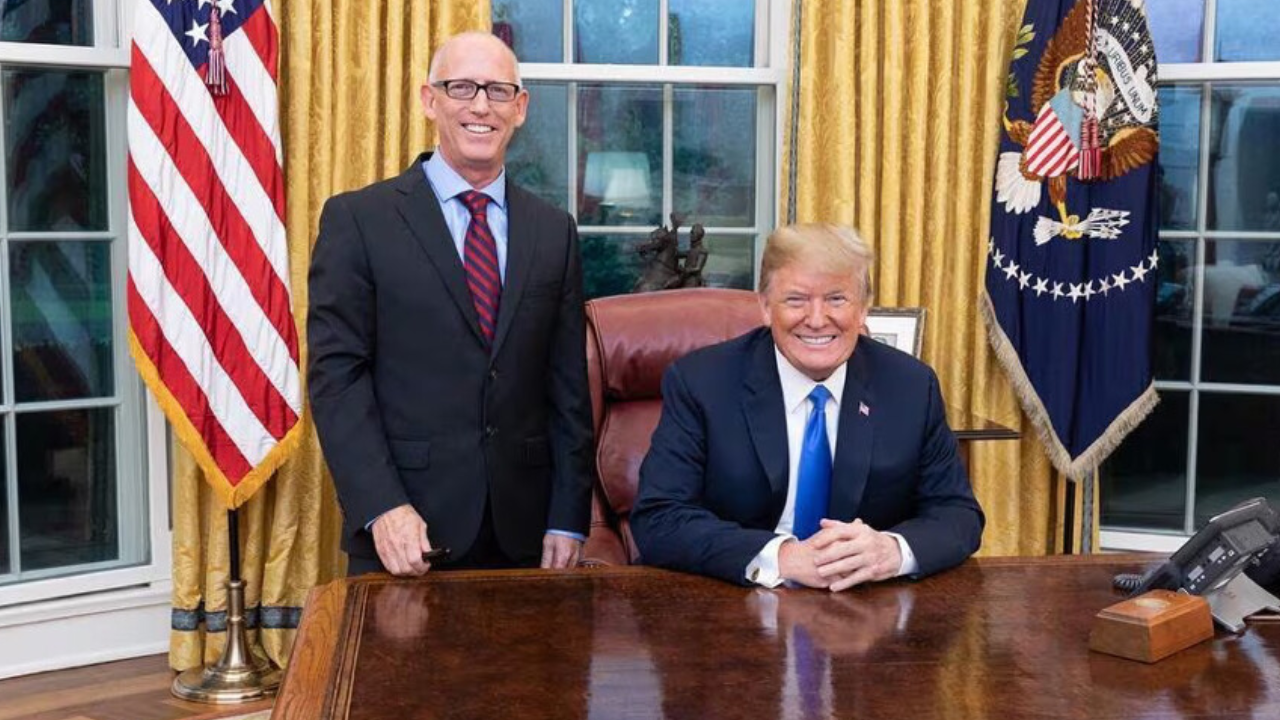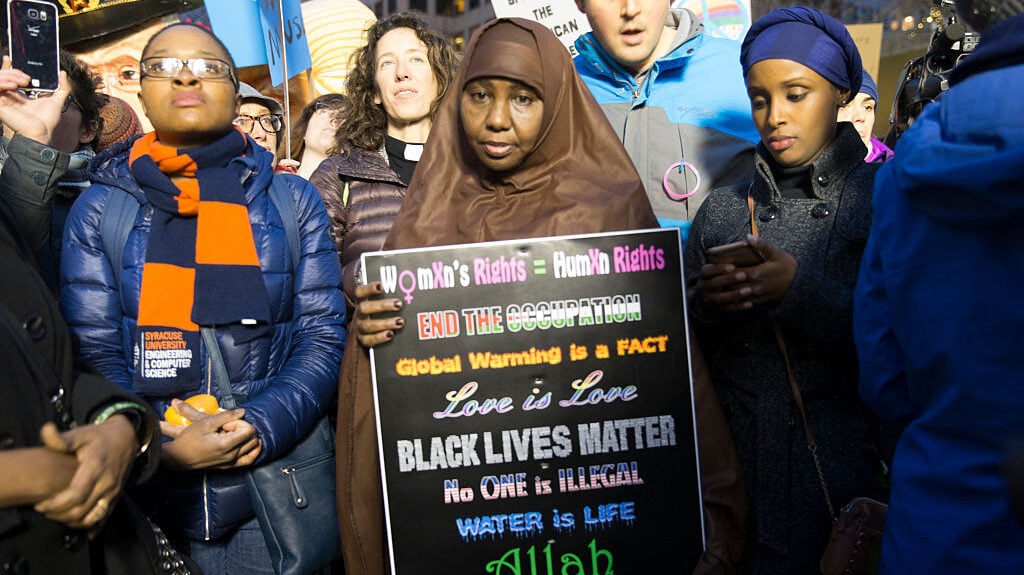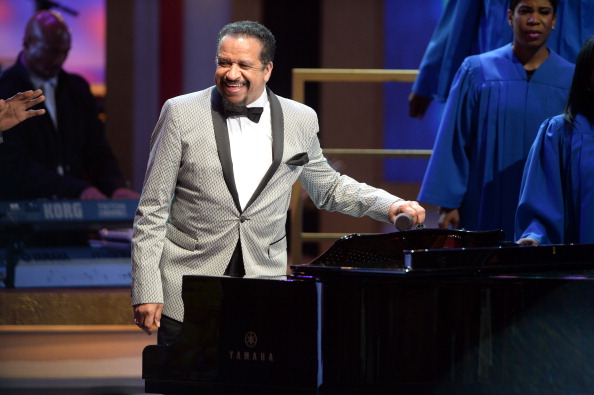Nikole Hannah-Jones has entered the Jillian Michaels chat: ‘Without slavery, our nation would be unrecognizable to us’

Nikole Hannah-Jones challenges Jillian Michaels’ recent remarks downplaying the full scope of slavery in American history.
Nikole Hannah-Jones has entered the Jillian Michaels chat with cold, hard facts.
After Michaels grossly downplayed the scope of slavery in America during a recent television appearance, Hannah-Jones responded in a lengthy video posted to Instagram on Monday, breaking down just how central slavery was to every facet of the nation’s rise.
“I could not let that viral CNN clip of Jillian Michaels stand,” the scholar said at the top of the nearly eight-minute video.
“The times are far too serious and dangerous for us to lend our platforms to harmful nonsense,” she continued. “It’s simply irresponsible with everything that’s happening in this country, to have someone as credentialist as Jillian Michaels on a major network show legitimizing the erasure of our history.”
Hannah-Jones, the Pulitzer Prize-winning journalist who created “The 1619 Project” who has spent her career reframing American history around the legacy of slavery, posted her rebuttal after Michaels appeared on CNN’s “NewsNight” with Abby Phillip last Thursday. During the appearance, Michaels argued, “less than 2% of white Americans owned slaves” and said, “slavery is thousands of years old.”
The fitness trainer added, “Every single thing is like, ‘Oh, no, no, no, this is all because white people are bad’ and that’s just not the truth.”
In her video, the award-winning author countered that framing slavery around the small percentage of white households that directly enslaved people obscures the reality that the entire nation’s wealth was built on the institution.
“This is how numbers and data, though technically true, can also be lies,” she said.
She detailed how cotton picked by enslaved labor represented half of all U.S. exports, fueling the country’s banks, factories, and institutions.
“Without slavery, our nation would be unrecognizable to us,” she said. “We cannot let them choose the parameters. We cannot let them choose the parameters of the conversation in order to obfuscate the truth.”
She highlighted how slavery’s reach extended far beyond the South, from the cotton Brooks Brothers used to tailor its suits to the New York Stock Exchange, which was established in part to finance slavery-dependent enterprises. Enslavement, she emphasized, enriched U.S. presidents, members of Congress, Supreme Court justices, and many of the men whose faces are stamped on American currency.
“All but one of the people on our cash currency engaged in African slavery,” she highlighted.
Hannah-Jones also drew a modern analogy to today’s tech giants, noting that while a very small percentage of Americans own companies like Apple, Meta, or Amazon, their influence is inescapable.
“It’s a tiny percentage. I’m doubtful if it’s even 1% of Americans,” she said. “And yet no one would credibly argue that social media companies are not ubiquitous across American life.”
Her message was clear: Even if only a small minority of white Americans were literally enslavers, the system of slavery was the beating heart of the U.S. economy and a society that sent half the country to war with the other to protect it.
“The times are too serious for us to proliferate a simplistic, unsophisticated, and childish understanding of the history of slavery,” she concluded.
What's Your Reaction?
 Like
0
Like
0
 Dislike
0
Dislike
0
 Love
0
Love
0
 Funny
0
Funny
0
 Angry
0
Angry
0
 Sad
0
Sad
0
 Wow
0
Wow
0




